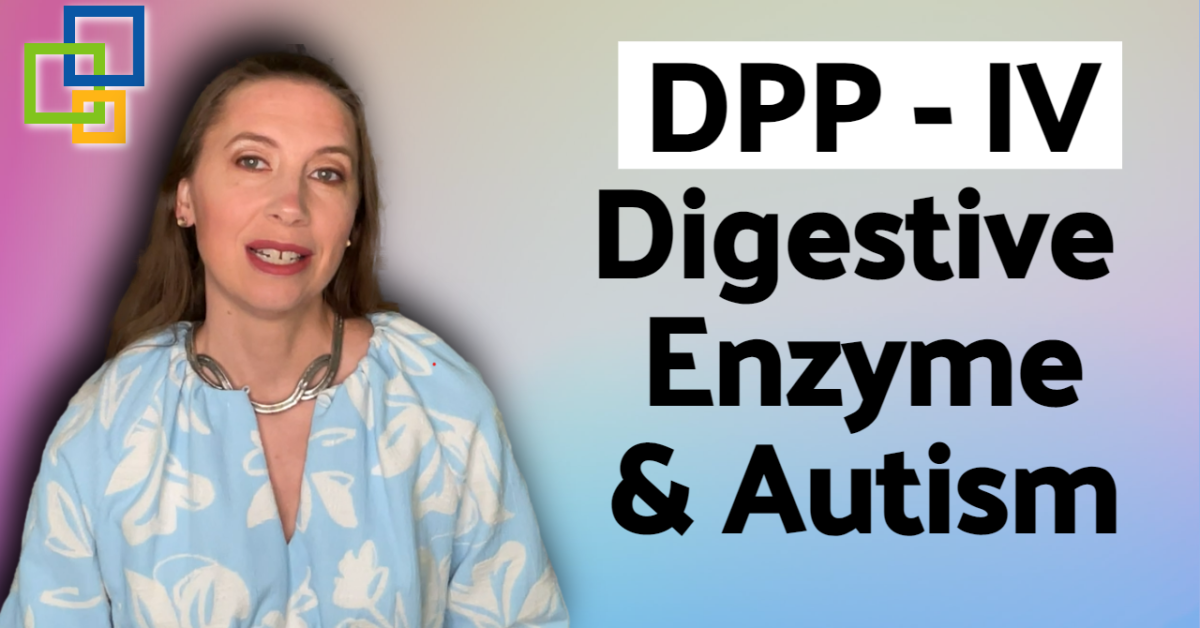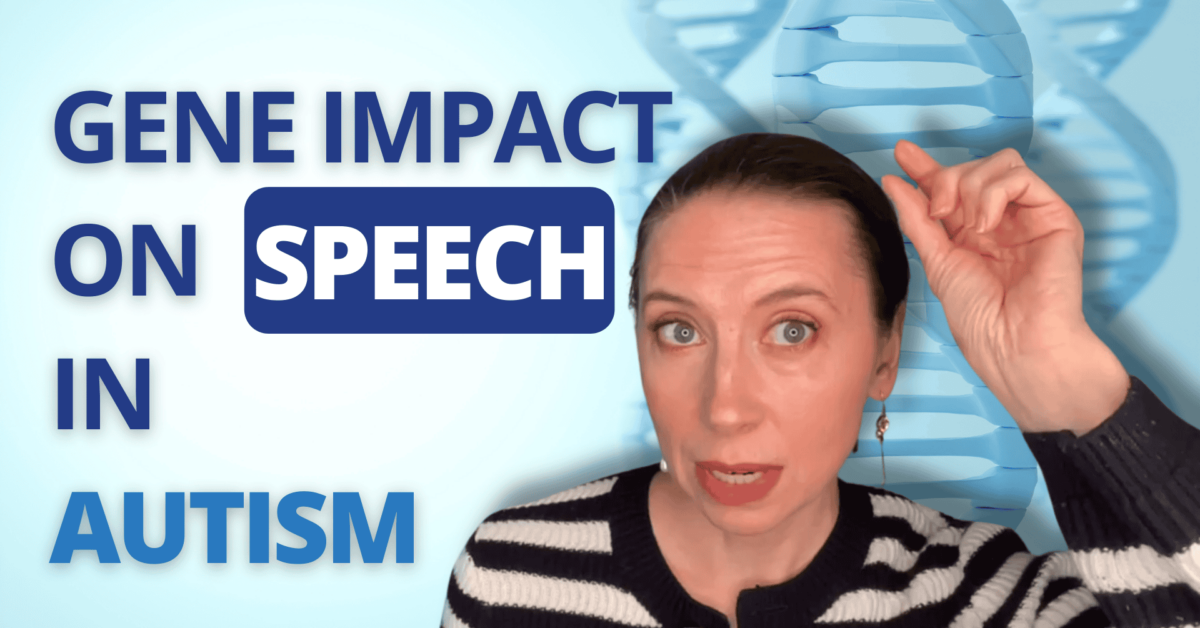Does your child take a digestive enzyme?
Does it have Dipeptidylpeptidase IV in it? We abbreviate that to DPP-IV. Is it really necessary to have DPP IV in the digestive enzyme?
Is Dipeptidylpeptidase IV digestive enzyme needed?
Let’s talk about nutrition. Nutrition strongly influences many chronic inflammatory diseases, with food metabolism being closely linked to inflammatory processes. Obviously, we want food to be metabolized as much as possible so that we can extract as many nutrients from the food that we consume as possible and not cause any inflammatory processes.
Inflammation could be a result of a rejection of food substances due to our body’s immune response. This is important to keep in mind with food. And the interplay between nutrition, immunity, and inflammation is an extremely hot topic in research, not just in autism, but in many different therapeutic areas. And this is a great thing. Why? Because we can have a huge impact and influence on what our children eat.
What is a digestive enzyme?
Digestive enzymes are able to break down proteins, carbohydrates, and lipids. This is what our body is supposed to do. We are supposed to have an optimal level of digestive enzymes. We’re supposed to be able to break down our food so that we can have it in nutrients that we can actually use for the different biological processes in our body.
Supplementation with digestive enzymes may play a role in the management of digestive disorders, from lactose intolerance to cystic fibrosis and many, many different therapeutic areas in between.
There’s a link below for a general video on digestive enzymes that I’ve done previously. If you’re interested in more about the general aspect of what is a digestive enzyme and is it really beneficial, is it helpful in that general sense? Please click here for a general video on digestive enzymes.
Dipeptidylpeptidase IV
It is also abbreviated DPP IV. Dipeptidylpeptidase IV targets specific peptides. DPP IV is a very specific digestive enzyme.
DPP IV breaks apart peptides, which are small proteins that have a particular pattern. These types of peptides have morphine-like action on neuronal cells. Betacasomorphins seven is an example of this very specific peptide that DPP IV can specifically break apart. If you want to get more information about Betacasomorphins seven and some other research that was done regarding camel milk, here is a link to a video I’ve done with camel milk and getting more into the science of what’s the benefit of camel milk? And why do people actually spend extra money to buy camel milk?
Only DPP IV can actually break down this specific peptide in the gut.
What happens?
Why are we actually even speaking about DPP IV? Why isn’t there an optimal level in someone’s gut? What happens to actually change that level of DPP IV? Dysbiosis really impacts optimal gut functioning in a variety of ways.
It’s very hard to pinpoint exactly where dysbiosis is going to impact a particular person the most. Everyone is impacted differently by dysbiosis. It depends on what the cause is and whether the cause of the Dysbiosis is continuing. There are many different factors that go into the impact of optimal gut functioning.
And this is why autism can seem confusing, right? Because you can’t just apply what worked for one child to another child. Dysbiosis and the gut microbiota, it’s very complex. And that’s what makes autism seem confusing. It doesn’t have to be, but that’s what makes it seem confusing.
DPP IV can become less prominent and active in the gut with exposure to mercury, pesticides, zinc, cadmium chloride, lead, acetate, and a variety of different things. Basically, toxic exposure or accumulation of toxins in the body. Maybe your child wasn’t exposed big time to some type of toxic event, but maybe their body is not good at detoxing the everyday things that need to be detoxed.
There’s an accumulation. And again, this is why autism can seem confusing, right? Because there can be a variety of reasons why something like DPP IV is less prominent and less active in someone’s gut.
DPP IV and Autism
Scientists have studied casomorphins and autism and found undigested casomorphins in the urine of autistics. There’s certainly research, published research on this. You can certainly go to the links and read the research yourself if you’d like. This research was done, I think it started, like, in the 1980s. This information certainly has been prevalent in the scientific literature for decades.
There is no article focusing on DPP for autism. There’s a lot of generality as to undigested casomorphins. But there’s nothing specific on DPP for the enzyme and autism.
Conclusions
Many functional medicine doctors recommend a digestive enzyme as one of the first steps to getting healthier. That makes sense. You want to get as many nutrients out of whatever you’re eating as possible. Many children are picky eaters, and one of the basic steps is, okay, if they’re picky eaters, let’s make sure at least that we’re getting as many nutrients out of their picky eating as possible before even trying to make any changes.
If you’re going to buy a digestive enzyme, it certainly does seem logical to include DPP IV in the digestive enzyme itself.
And here are some references.




